Time Periods
Paleolithic
Mesolithic
Neolithic
Chalcolithic
Bronze Age
Iron Age
Classical Period
Post-Classical Period
Early Modern Period
Industrial Period
Contemporary Period
Time Periods
Paleolithic
Mesolithic
Neolithic
Chalcolithic
Bronze Age
Iron Age
Classical Period
Post-Classical Period
Early Modern Period
Industrial Period
Contemporary Period
Location
About
Shibam, often referred to as the "Manhattan of the Desert," is an ancient city in Yemen renowned for its unique mudbrick skyscrapers. This remarkable urban center emerged as a significant settlement during the late classical period, becoming the capital of the Kingdom of Hadhramaut in 300 CE. The city's present architectural layout, characterized by towering mudbrick buildings ranging from five to eleven stories, was established in 1533. Encircled by fortified walls, Shibam exhibits some of the earliest examples of vertical urban planning, a necessity for defense against Bedouin raids. Recognized for its cultural and historical value, the city was designated as a UNESCO World Heritage Site in 1982. However, it faces ongoing threats from natural elements and conflict, with significant damage from a cyclone in 2008 and being listed as cultural heritage at risk during the Yemeni Civil War in 2015.
Gallery
Explore photographs of ancient structures, artifacts, and archaeological excavations at Shibam
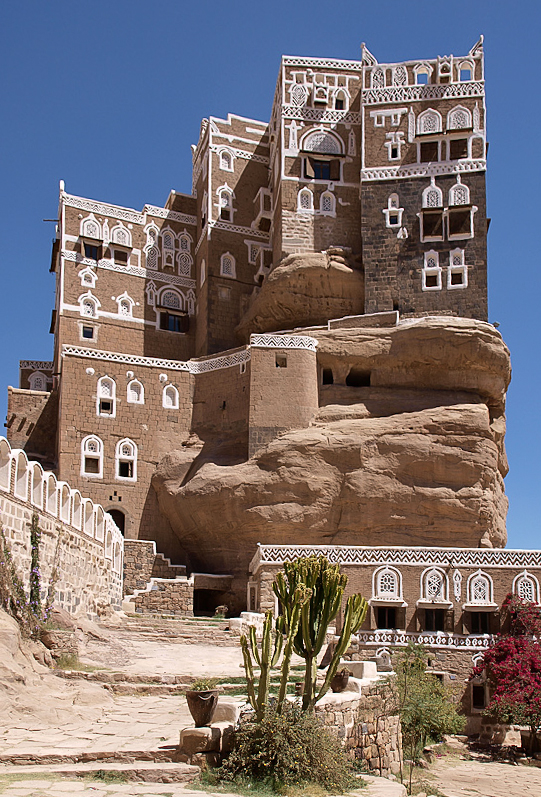
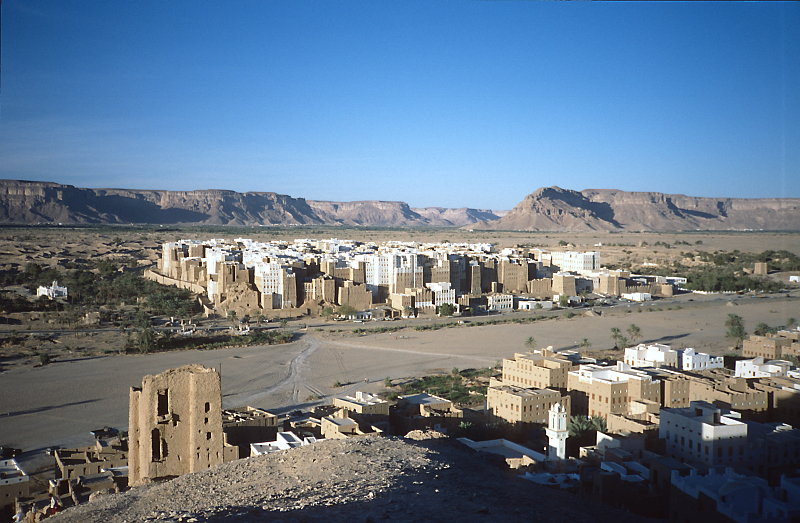
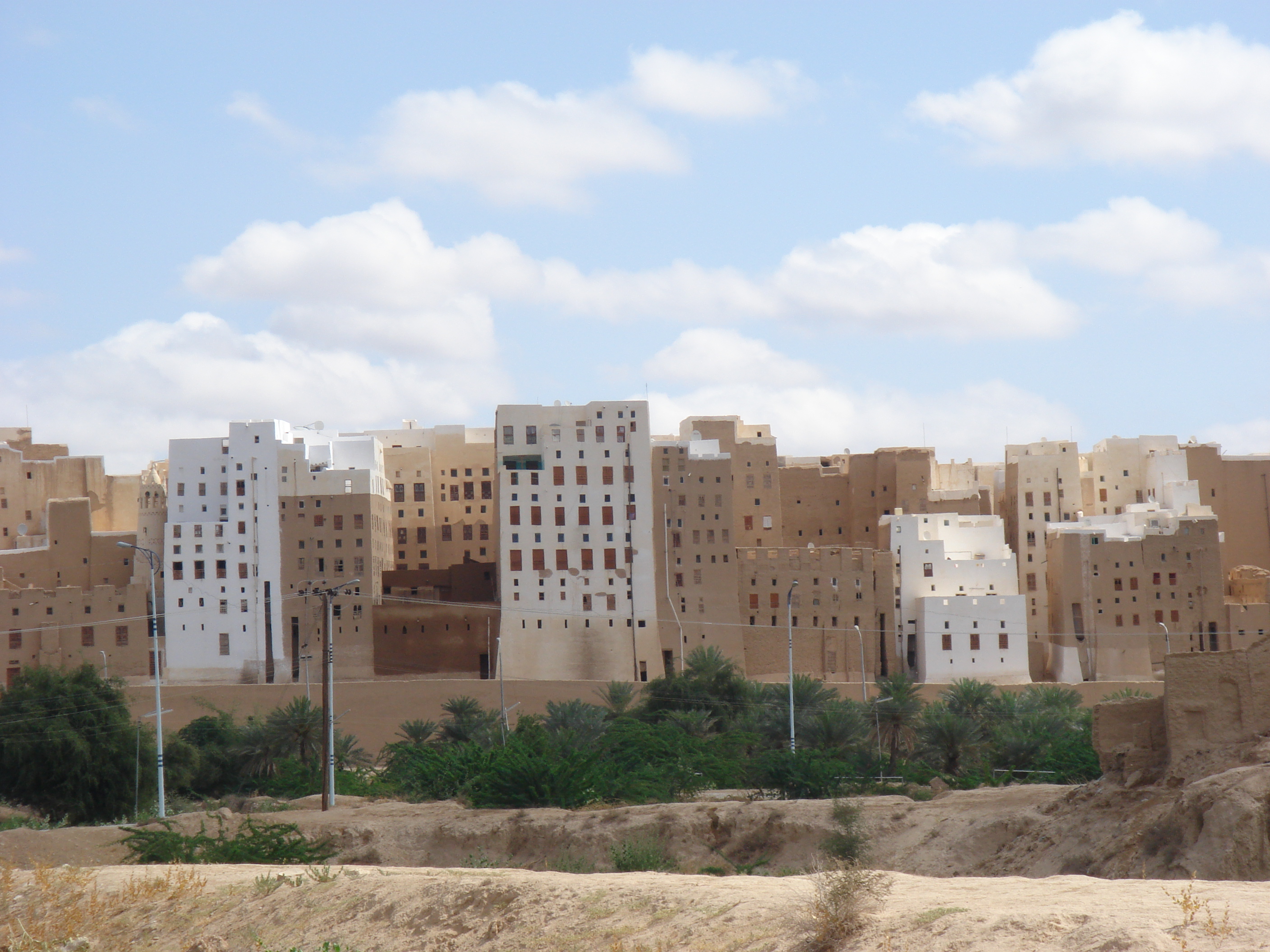
Archaeological Features
Explore the unique architectural and cultural elements found at this historical site
Defensive Structures
Domestic and Habitation Structures
Historical Timeline
Journey through time and discover key events in this site's archaeological history
Plan Your Visit
Details
- Country
- Yemen
- Source
- Wikipedia
More Sites in Yemen

Sanaa
Ancient fortified city with unique architecture

Socotra
Island with diverse historical phases and artifacts

Socotra Governorate
Isolated island with unique biodiversity

Seiyun Palace
Large mud-brick palace in Yemen.
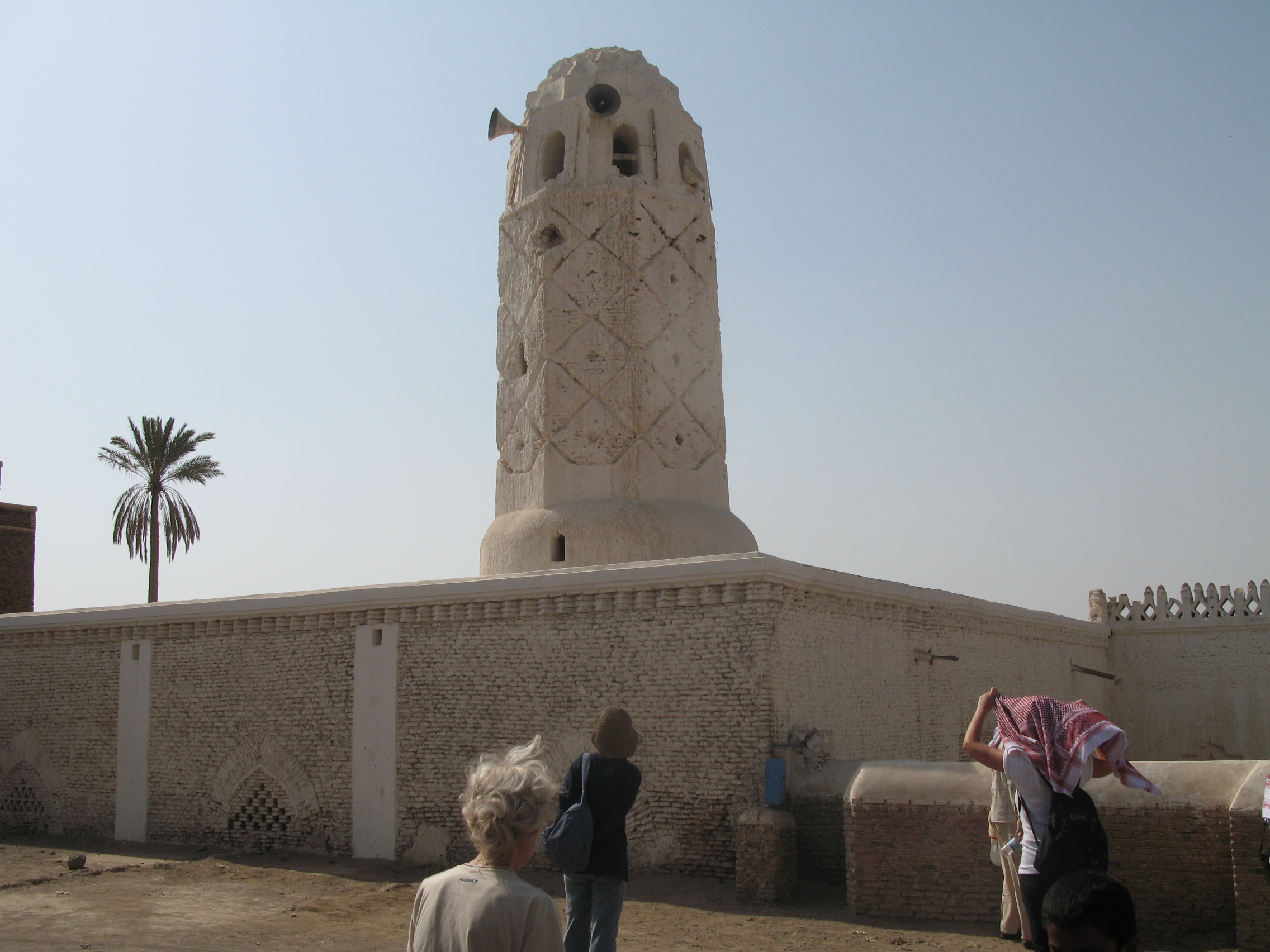
Zabid
Ancient Yemeni town with historic mosques.
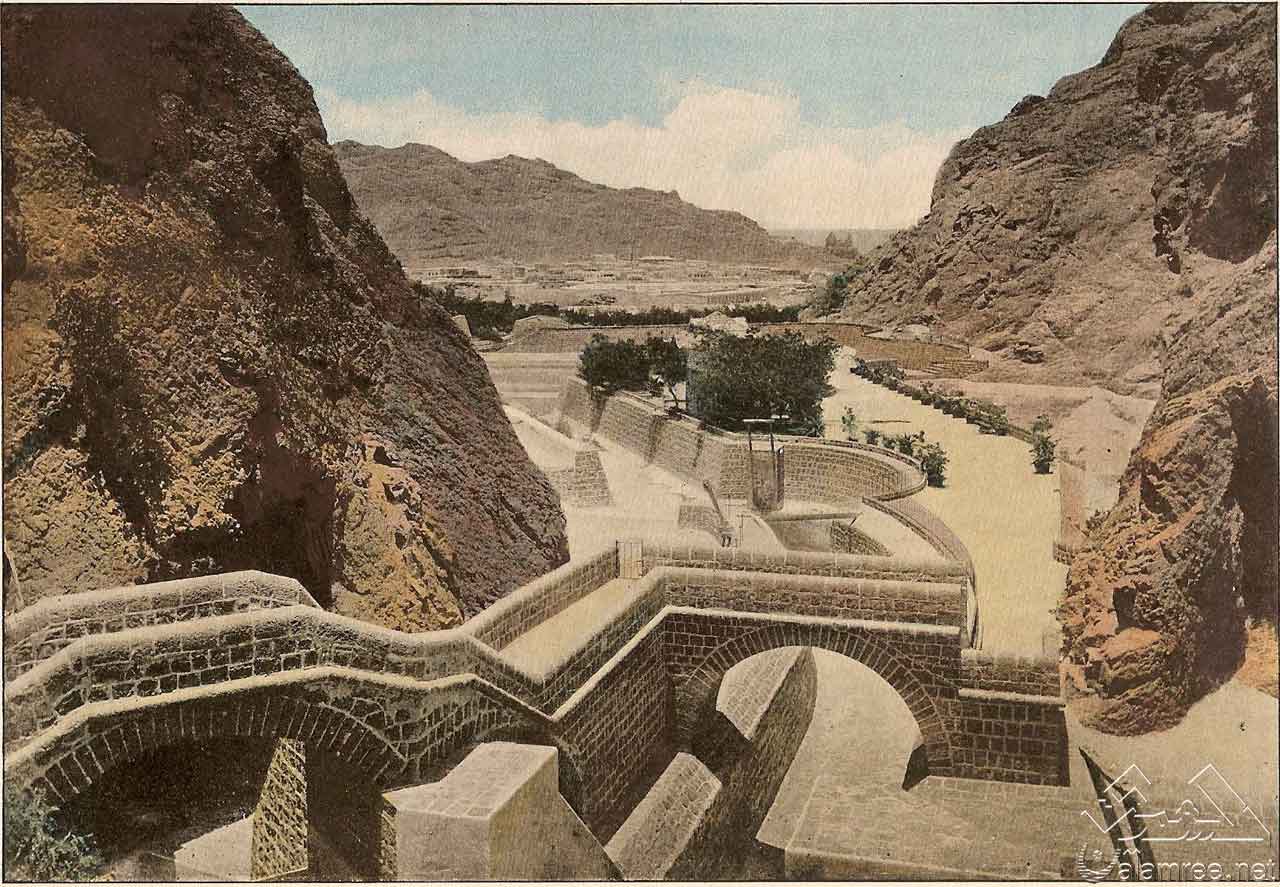
Cisterns of Tawila
Ancient cisterns hewn from volcanic rock.
